In recent years and in multiple fora, governments around the world have recognized that all countries need to have accessible, timely, and reliable disaggregated data to measure progress and ensure no one is left behind in the implementation of the Sustainable Development Goals. There is also a global consensus on the need to intensify efforts to transform statistical capacities in poorer countries.
To modernize and strengthen national statistical systems, the Cape Town Global Action Plan for Sustainable Development Data was launched in 2017, providing a framework to operationalize statistical capacity building. It calls on governments, policymakers, and the international community to mobilize resources and strengthen partnerships to improve statistical activities and programs, innovate national statistical systems, and enhance dissemination and use of data.
But nearly five years later, a just-released global survey of national statistical offices (NSOs), Survey on the Implementation of the Cape Town Global Action Plan for Sustainable Development Data, paints a mixed picture of progress. The survey’s results reveal that despite gradual improvements, the transformative change in national statistical capacities proposed in the Global Action Plan has yet to be realized, particularly in low- and middle-income economies. However, NSOs have continued to function despite the enormous strain the COVID-19 pandemic has placed on them, attesting to their strength and resilience.
The survey was conducted jointly online in August and September 2021 by the World Bank’s Development Data Group, the Statistics Division of the UN Department of Economic and Social Affairs (UNSD), and the Partnership in Statistics for Development in the 21st Century (PARIS21). NSOs from 101 countries participated, providing insights to policymakers and international partners on their efforts to implement, monitor, and finance the Global Action Plan.
The first part of the survey, administered to countries in all income groups, was designed to illuminate global progress toward the six strategic areas proposed by the Global Action. The second part, geared toward NSOs in low-income countries eligible for the World Bank’s International Development Association (IDA) assistance, solicited information on their financial prospects and needs.
Here are some of the key messages that stand out from the data:
-
While most respondent countries have the fundamentals of functioning national statistical systems in place, almost half of them have statistical laws that came into force more than a decade ago and many lack data privacy and access safeguards, highlighting the need for keeping statistical legal frameworks up to date in the context of a rapidly changing data ecosystem.
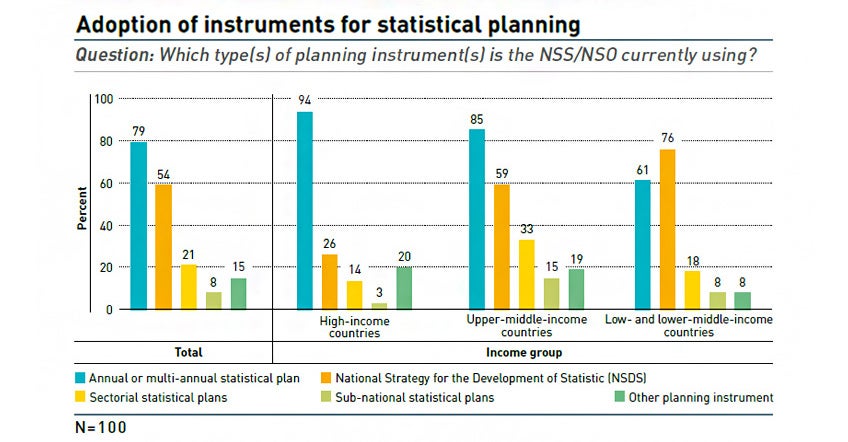
-
Coordination of statistical activities between NSOs and partners within and outside the national statistical systems has been improving, although significant opportunities for further improvements remain , especially in low- and lower-middle-income countries, according to the vast majority of respondents.
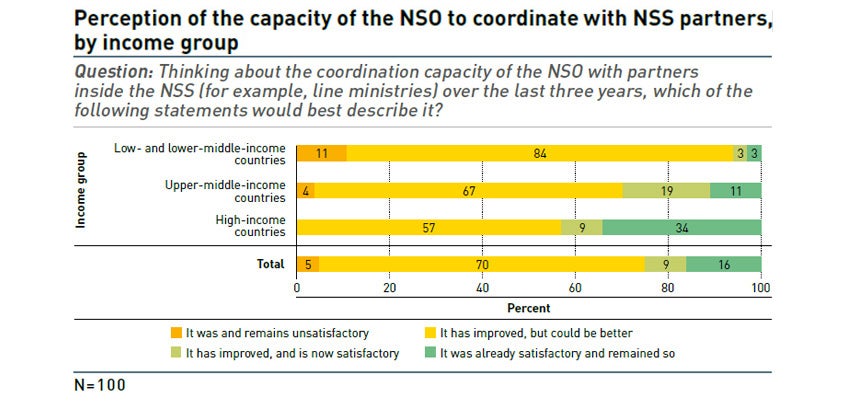
-
NSOs identify the compilation and dissemination of metadata and the development of an organization-wide open data strategy as top priority areas for capacity development. Relatedly, almost nine in ten NSOs report they need to strengthen their online data dissemination platforms and tools as well as their data visualization and communication capabilities in the next three years.
-
Two-thirds of NSOs in IDA countries experienced either moderate or severe delays in budget disbursement in the last fiscal year, and many relied on development aid from external sources, which has decreased during the pandemic, to implement their work program.
-
In the next three years, NSOs in most IDA countries say they expect to face the most significant funding shortages in business and agricultural census as well as population and housing census. Health is the most prioritized policy sector for NSOs in IDA countries for both on- and off-budget support.
The new survey, which builds on the four previous rounds of Survey of National Statistical Offices (NSOs) during COVID-19, only offers a snapshot of the current state of statistical capacity around the globe. To keep track of developments, the World Bank and the United Nations, in coordination with PARIS21, will continue to monitor efforts to modernize and strengthen national statistical systems through future survey rounds.
The survey’s results will also inform the work of the World Bank-hosted Global Data Facility and the Bern Network’s Clearinghouse for Financing Development Data that have recently been launched to enable long-term support for statistical capacity development around the globe. These two innovative mechanisms will work in tandem to provide previously unprecedented support for the data agenda, accelerate progress toward the implementation of the Global Action Plan, and help realize the new social contract for data envisioned by the World Development Report 2021: Data for Better Lives and the promise of the 2030 Agenda for Sustainable Development.
This blog post and the report were simultaneously published on the websites of the World Bank, UNSD, and PARIS21.
Resources:
Read the full survey report: Survey on the Implementation of the Cape Town Global Action Plan for Sustainable Development Data

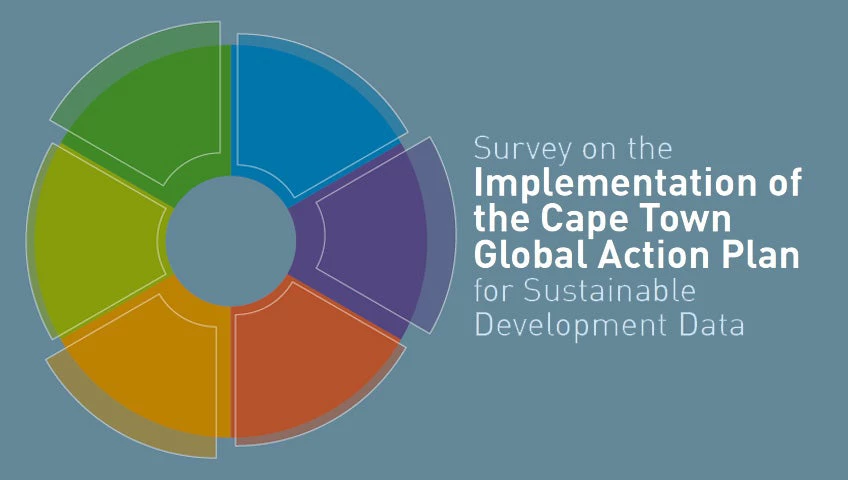
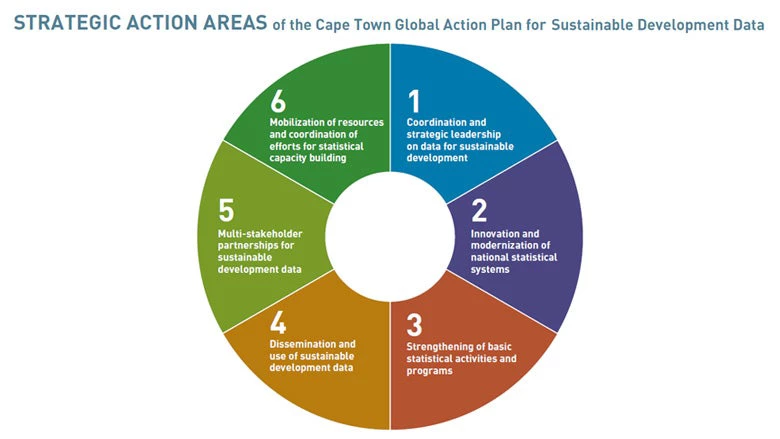
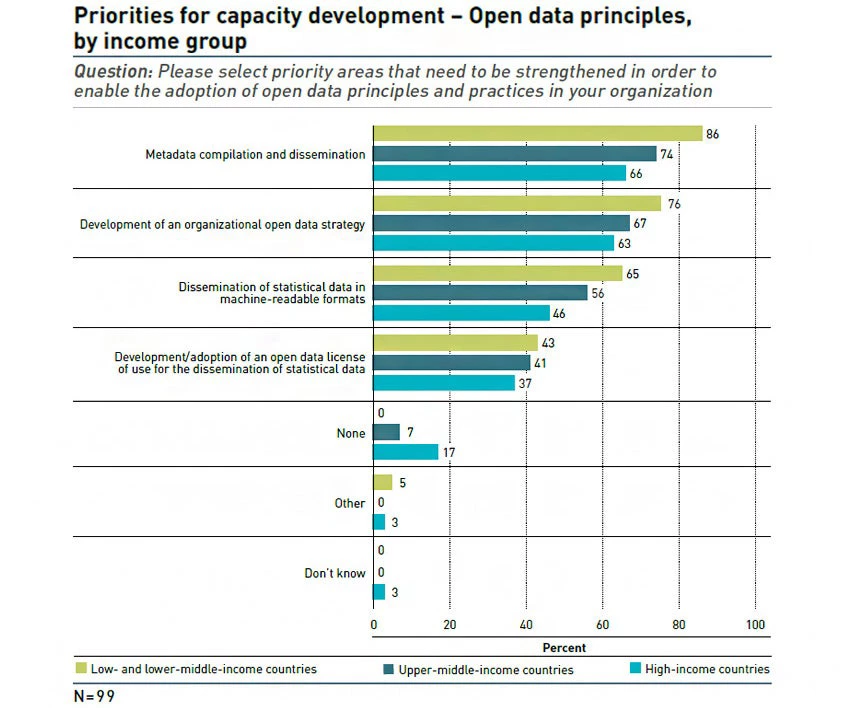
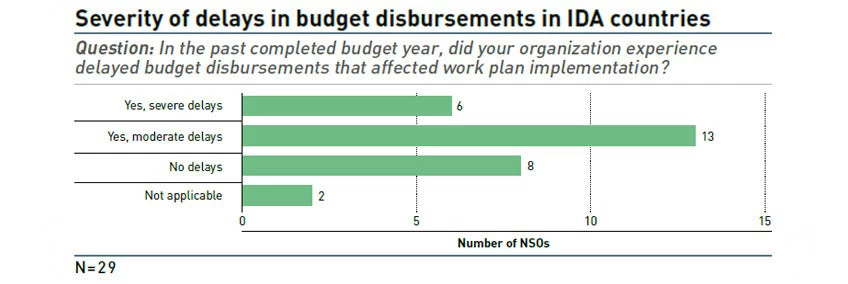
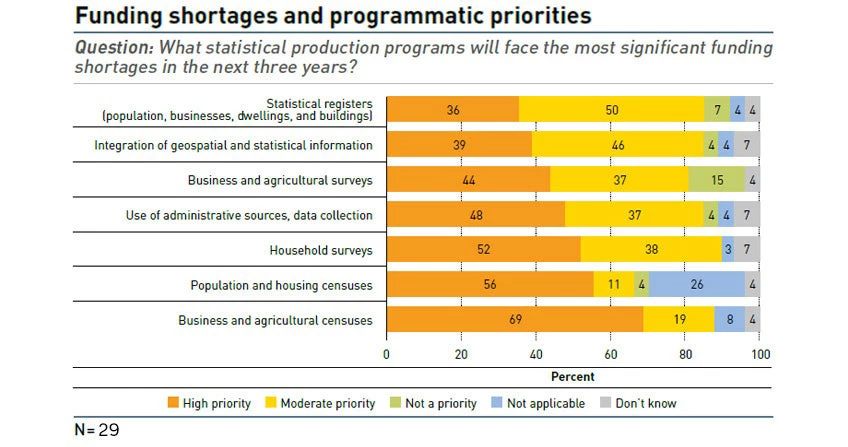



Join the Conversation